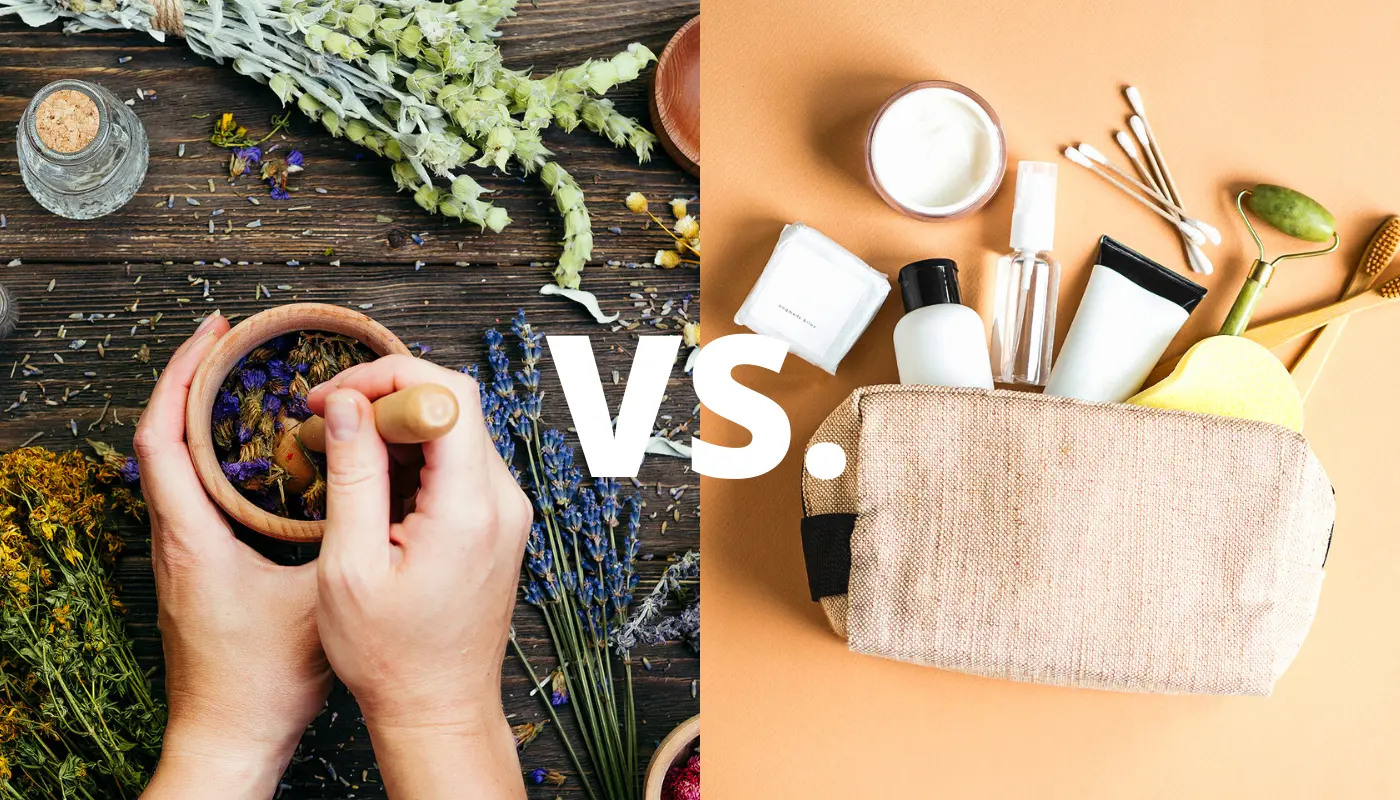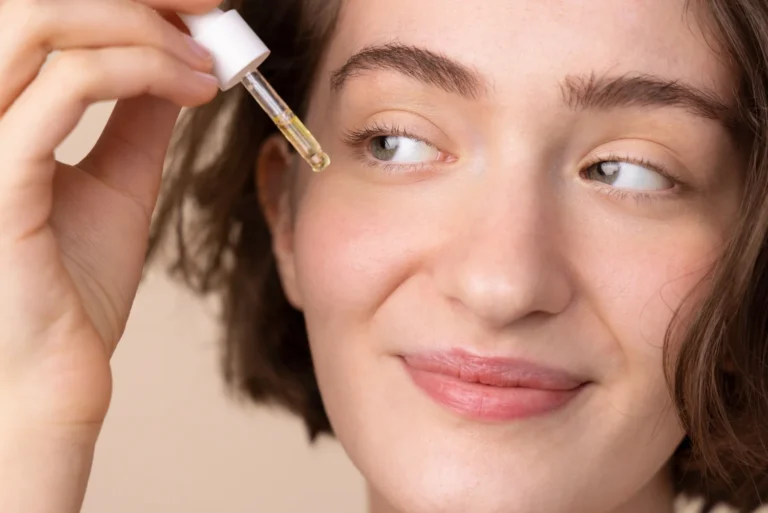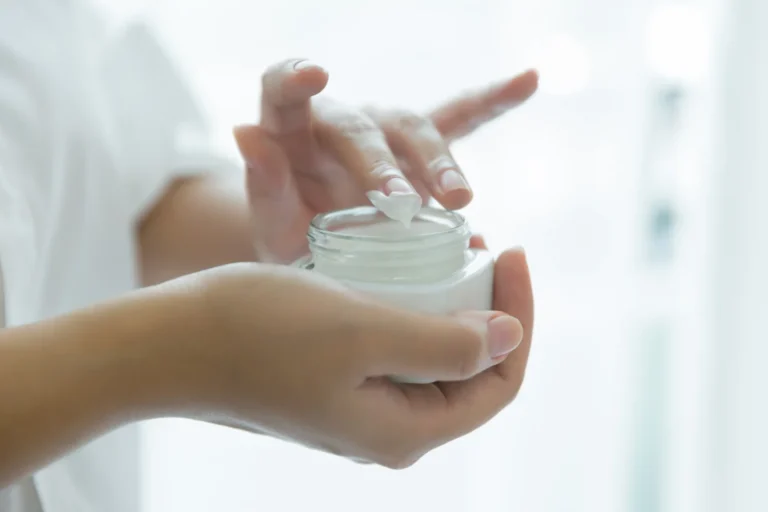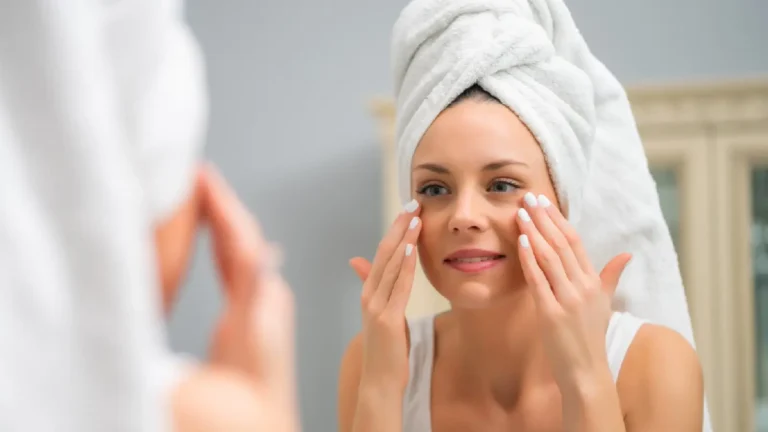Traditional vs modern skin care: Simple Guide and Beauty tips
When it comes to taking care of your skin, there are two different ways i.e. traditional vs modern skin care. Now hereunder we will define the differences between them and which is best. So, all about breaking it down for you in the simplest way possible.
Traditional skin care is like the wisdom passed down from grandma by using natural things i.e. aloe vera, honey, turmeric, etc. to make your skin glow. It’s all about keeping things simple and close to nature.
But then there’s modern skin care. It’s like the high-tech superhero of skin care. It uses the latest technology to understand your skin and makes products just for you. No one-size-fits-all here.
So, let’s dive into the world of skin care, and let’s find out what works best for your skin, whether it’s old-school or new-age. Let’s keep it simple because great skin should be for everyone.
Traditional Skin Care:
In the world of skincare, traditional methods have been passed down through generations, offering a treasure trove of wisdom and practices that have stood the test of time. These time-honored traditional skincare tips emphasize the use of gentle, natural ingredients that are often found in your kitchen or garden. Let’s take a closer look at these conventional gems:-
- Gentle Ingredients: Traditional skincare places a strong emphasis on the use of natural and gentle ingredients. Ingredients like aloe vera, honey, turmeric, and rosewater have been cherished for their soothing and nourishing properties. These ingredients are believed to enhance skin health without irritating, making them particularly suitable for those with sensitive or reactive skin.
- DIY Approach: One of the endearing aspects of traditional skincare is its do-it-yourself (DIY) approach. This empowers individuals to craft their skincare remedies from scratch using everyday ingredients. These DIY remedies are not only affordable but also enable you to tailor your skincare to your specific needs and preferences.
- Cultural Wisdom: Many traditional skincare practices are deeply rooted in cultural wisdom. Passed down through generations, these practices become a part of one’s heritage and identity. They are often celebrated as rituals that not only promote skin health but also connect individuals to their cultural roots.
Advantages of Traditional Skincare:-
The advantages of traditional skincare lie in its gentle and natural approach, making it suitable for those with sensitive skin and providing an affordable option accessible to individuals on a budget. Let’s check out the given details:-
- Minimal Irritation: Traditional skincare ingredients are typically mild and non-aggressive, reducing the risk of skin irritation or adverse reactions. This makes them suitable for individuals with sensitive or easily irritated skin.
- Affordability: DIY skincare remedies are cost-effective, utilizing readily available kitchen ingredients. This affordability makes traditional skincare accessible to a wide range of individuals, regardless of their budget.
- Heritage and Connection: Embracing traditional skincare practices can foster a sense of cultural connection and preservation. It allows individuals to carry forward the traditions and wisdom of their ancestors while caring for their skin.
Disadvantages of Traditional Skincare:
The drawbacks of traditional skincare include limited scientific validation and varying effectiveness from person to person, as well as potentially limited accessibility due to niche or unfamiliar ingredients.
- Limited Scientific Backing: Traditional skincare practices may lack the scientific research and clinical evidence that modern skincare products often provide. The absence of scientific validation can make it challenging to gauge their effectiveness accurately.
- Variability: The effectiveness of traditional remedies can vary from person to person and may not yield consistent results for everyone. What works for one individual may not work as effectively for another.
- Niche Ingredients: Some traditional skincare ingredients might not be readily available or familiar to everyone. This can limit the accessibility of certain traditional skincare practices.
While traditional skincare has its unique charm and gentle qualities, it may not always provide the targeted solutions or scientific validation that modern skincare can offer. Exploring the right balance between tradition and innovation is key to achieving the best skincare routine for your individual needs. In the following sections, we will delve into modern skincare practices, their benefits, and potential drawbacks, helping you make an informed choice based on your skincare goals. Stay tuned for more insights on your journey to healthier, happier skin!
Modern skin care:
In the ever-evolving world of skincare, modern practices have surged to the forefront, driven by scientific research and innovation. Modern skincare represents a departure from traditional methods, focusing on understanding the skin at a molecular level and leveraging cutting-edge technology to create tailored solutions. Here, we delve into the world of modern skincare, examining its advantages and disadvantages.
Advantages of Modern Skin Care:
Modern skincare offers customized solutions, featuring clinically proven ingredients and a strong focus on sun protection, providing effective results and preventing skin damage. Let’s discover some benefits:-
- Customization for Individual Needs: Modern skincare takes personalization to a whole new level. It involves in-depth skin analysis to determine an individual’s unique skin type and concerns. This data-driven approach allows for the creation of personalized routines and the selection of products designed to address specific issues such as aging, acne, or hyperpigmentation.
- Clinically Proven Ingredients: Modern skincare products are typically backed by rigorous scientific research and clinical trials. Ingredients such as hyaluronic acid, retinol, and peptides are carefully selected for their proven efficacy in targeting and treating skin concerns. This means that when you use modern skincare products, you can have confidence in their ability to deliver results.
- Sun Protection Integration: Modern skincare places a strong emphasis on sun protection, recognizing the significant role of UV rays in skin damage and aging. Sunscreen is often an integral part of modern skincare routines, helping to safeguard the skin from the harmful effects of UV exposure.
Disadvantages of Modern Skin Care:
On the downside, modern skincare can be expensive, with an overwhelming array of products, potentially leading to confusion and overuse if not chosen and used correctly. The details are given below:-
- Cost Considerations: Modern skincare products, often featuring advanced ingredients and specialized formulas, can come with a higher price tag. Achieving a complete modern skincare regimen may require a more substantial financial investment compared to traditional approaches.
- Complexity and Product Overload: The sheer variety of modern skincare products available can be overwhelming. Selecting the right products for your routine can be a daunting task, especially if you’re new to modern skincare. Without proper guidance, individuals may use products that are not suited to their skin type, which can lead to confusion and suboptimal results.
- Risk of Overuse: Modern skincare products, especially those containing active ingredients like retinol and alpha hydroxy acids, can be potent. When used excessively or incorrectly, they may cause skin irritation or sensitivity. Proper education and guidance are essential to avoid overuse.
In the world of modern skincare, the advantages lie in the level of customization, the use of scientifically validated ingredients, and a strong emphasis on skin protection. However, potential disadvantages include the associated costs, the complexity of product selection, and the risk of overuse if not used properly. It’s important to strike a balance between the advantages and disadvantages to create a skincare routine that best suits your individual needs and preferences.
Tips for Traditional Vs Modern Skin Care:
Traditional Skin care tips
Holistic Wellness: Traditional skincare in 2023 goes beyond external treatments and focuses on holistic wellness. Incorporate stress-reduction techniques, a balanced diet, and hydration to support skin health.
Ayurvedic Practices: Explore Ayurvedic skincare, an ancient Indian tradition gaining popularity. It involves using herbs, oils, and techniques tailored to your dosha (body type) for a customized approach.
DIY with a Twist: Enhance your DIY skincare with modern techniques—experiment with making your natural skincare products while incorporating science-backed ingredients.
Modern Skin Care Tips for 2023:
Biometric Analysis: Consider biometric analysis for precise skin assessments. Some apps and devices can analyze your skin’s condition and suggest suitable products and routines.
Clean Beauty: Embrace the clean beauty movement by choosing skincare products free of harmful chemicals and eco-friendly packaging, contributing to both your skin and the environment’s well-being.
Digital Dermatology: Explore virtual consultations with dermatologists and skincare specialists. Telehealth services can provide expert advice and product recommendations from the comfort of your home.
Differences between Traditional vs modern skin care:
Traditional skincare relies on time-honored practices, utilizing gentle, natural ingredients like aloe vera, honey, and turmeric. These components are known for their soothing properties, making them suitable for sensitive skin. Traditional skincare often adopts a DIY approach, allowing individuals to create homemade remedies using readily available kitchen ingredients. It also embodies cultural wisdom, passed down through generations, fostering a connection to one’s heritage. However, traditional skincare can lack scientific validation, resulting in varying effectiveness for different individuals. Some ingredients may be niche or unfamiliar, limiting accessibility.
Modern skincare, in contrast, leverages scientific research and technology to understand the skin at a molecular level. It offers customization, with in-depth skin analysis for personalized routines. Products are backed by clinical trials and feature proven ingredients. Sun protection is a crucial aspect of modern skincare. Yet, it can be expensive and overwhelming due to the sheer variety of products. Overuse of potent ingredients is a concern. Balancing the advantages and disadvantages of both traditional and modern skincare is essential to create a routine that suits individual needs and preferences.
Conclusion
The world of skincare offers two distinct paths: traditional vs modern skin care approaches, each with its own set of advantages and disadvantages. Traditional skincare relies on gentle, natural ingredients and cultural wisdom, promoting a connection to heritage, making it accessible and suitable for sensitive skin, but it may lack scientific validation and accessibility. On the other hand, modern skincare leverages technology, customization, and clinically proven ingredients ensuring effective results, but it can be costly and overwhelming. The choice between tradition and innovation ultimately depends on an individual’s specific needs and preferences, emphasizing the importance of balancing time-tested remedies and scientific breakthroughs for healthier, happier skin.







